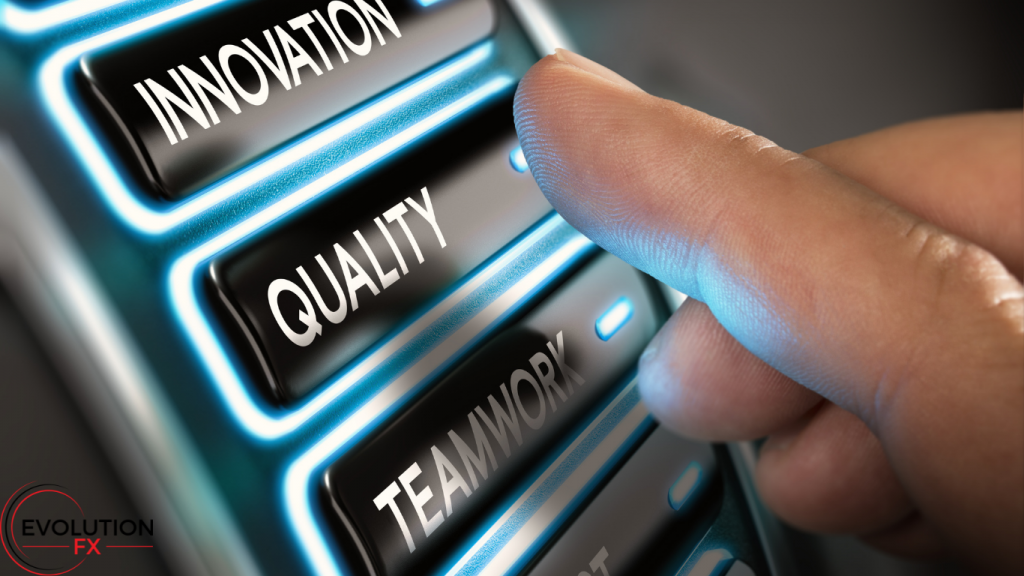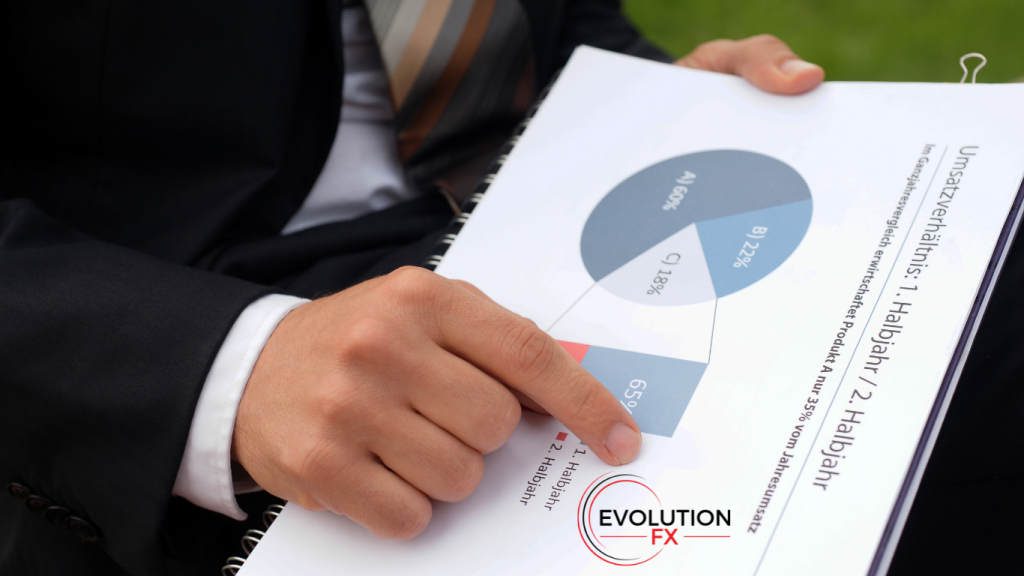Value investing is simple, in theory.
All you have to do is find a company that is under-evaluated in comparison with its intrinsic value and invest in that company. Then you sit back and relax and watch those big profits pour in. Simple, right?
But something is missing here:
- How do you determine the correct value of a company?
- How do you know that an investment is a good one?
- How do you know that is the right time to invest in that company?
- How do you know that the stock price would go up in the future?
Warren Buffet, the most well-known investors in the world who uses the value investing strategy has all kind of means of describing his strategies – it’s about the managers that he trusts, the markets, the analyses – but, in the end, it all comes down to “I know it when I see it” for him.
Unfortunately, this doesn’t really help our case. So we go back to the library and study furthermore.
During my journey of educating myself, I came across Peter Thiel’s bestseller Zero to One.
A few words about Peter Thiel, courtesy of Wikipedia :
“Peter Thiel is a German-American billionaire entrepreneur and venture capitalist. A co-founder of PayPal, Palantir Technologies, and Founders Fund, he was the first outside investor on Facebook. He was ranked No. 4 on the Forbes Midas List of 2014, with a net worth of $2.2 billion, and No. 391 on the Forbes 400 in 2020, with a net worth of $2.1 billion.”
“Born in Frankfurt, he moved with his family to the United States as an infant. He spent a portion of his upbringing in Southern Africa before the family settled in California in 1977. He studied philosophy at Stanford University, graduating with a B.A. in 1989. He then earned his J.D. from Stanford Law School in 1992. After graduation, he worked as a judicial law clerk for Judge James Larry Edmondson of the U.S. Court of Appeals for the Eleventh Circuit, as a securities lawyer for Sullivan & Cromwell, as a speechwriter for former-U.S. Secretary of Education William Bennett, and a derivatives trader at Credit Suisse. He founded Thiel Capital Management in 1996. He co-founded PayPal in 1999, serving as a chief executive officer until its sale to eBay in 2002 for $1.5 billion.”
Zero to One presents at once an optimistic view of the future of progress in America and a new way of thinking about innovation: it starts by learning to ask the questions that lead you to find value in unexpected places.
Doing what someone else already knows how to do takes the world from 1 to n, adding more of something familiar. But when you do something new, you go from 0 to 1. The next Bill Gates will not build an operating system. The next Larry Page or Sergey Brin won’t make a search engine. Tomorrow’s champions will not win by competing ruthlessly in today’s marketplace. They will escape competition altogether because their businesses will be unique.
This book addresses entrepreneurs that want to build companies and offers what Peter Thiel considers to be the most important 4 attributes of a good business.
These 4 attributes can be used to determine the value of a company, as well
Monopoly
Capitalism is built on profits. If in a certain field the competition is fierce, the service or product that you want to sell would be simple merchandise like many others in the market and your profit would be small. Valuable companies do something different. They find a niche where they can have at least 80% of the market share.
When you evaluate a company you have to ask yourself if the company has a monopoly in its niche market. What other niches could it reach in order to have a monopoly? What other companies in the niche would it be able to acquire?
Scalability
You wouldn’t want to start a business if it’s not scalable. I wouldn’t buy a franchise for a coffee shop. If I was to use my time and energy to build a business, I’d put in extra effort to develop a concept that I can turn into a franchise and sell to others. This is scalability.
Can your business make you money while you sleep? In other words, can it bring more customers with minimum cost?
Paypal and Facebook are great examples. A pizza place is not scalable. You need to invest a lot of money to expand and build more pizza places.
Network
The more people use a service, the more valuable the service becomes. Again, Facebook and Paypal are great examples. They are really big networks. You know that you can find 95% of your acquaintances on Facebook and that’s why you spend your time on the social network. You wouldn’t use it if only 25% of people were using it.
Even a pizza place could have a network effect. What is your favorite pizza place? Where do your friends order their pizzas? All valuable business has this network effect as their main ingredient.
Brand
A lot of people prefer to buy from Amazon rather than some random online store, even if it’s more expensive, because they trust it’s safer, the order would be delivered on time and in good condition.
Apple is well-known for its design and functionality. They don’t have the best hardware specifications, but the design of their user-friendly products is a major advantage.

Make sure you’ve read the previous articles about investing:

